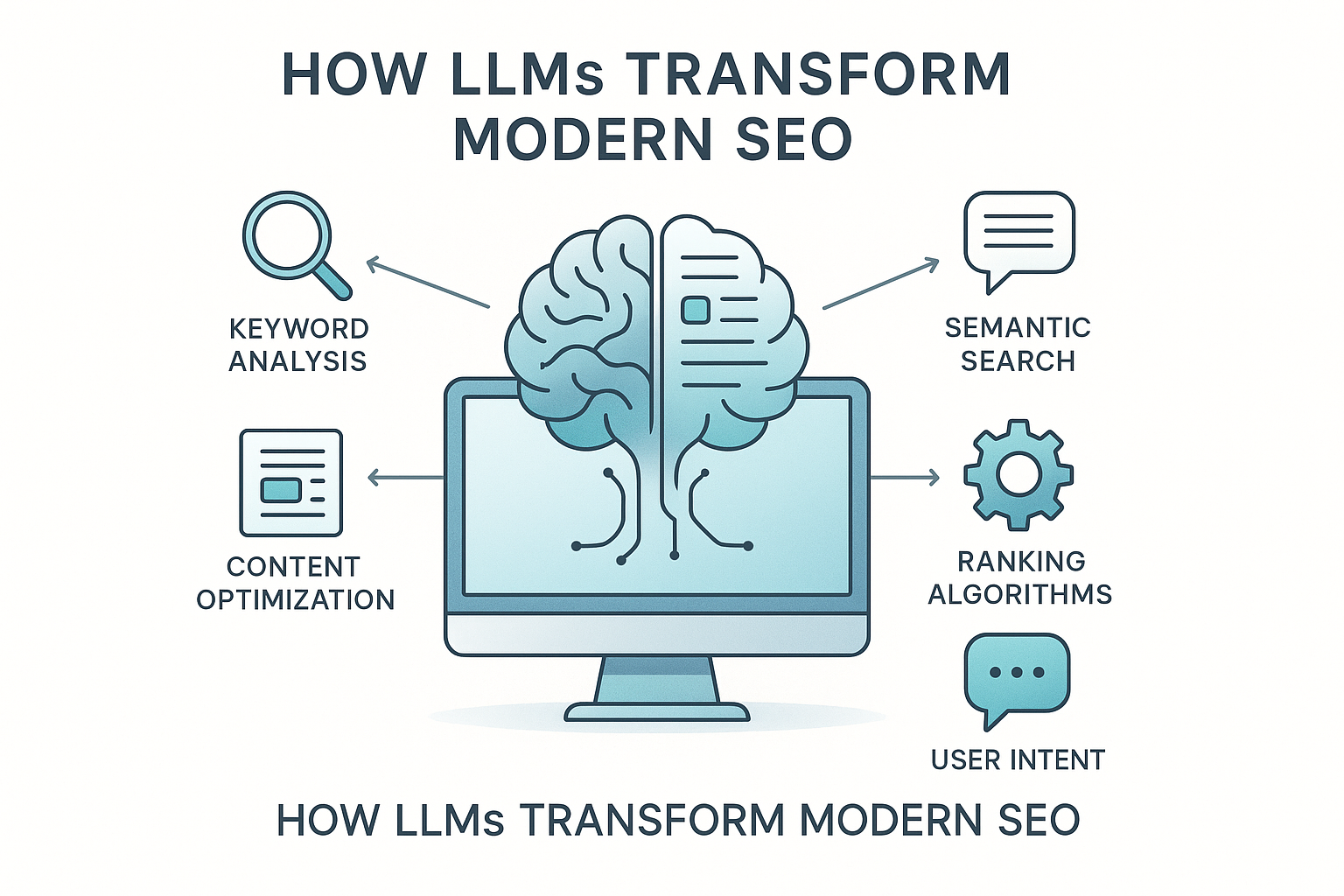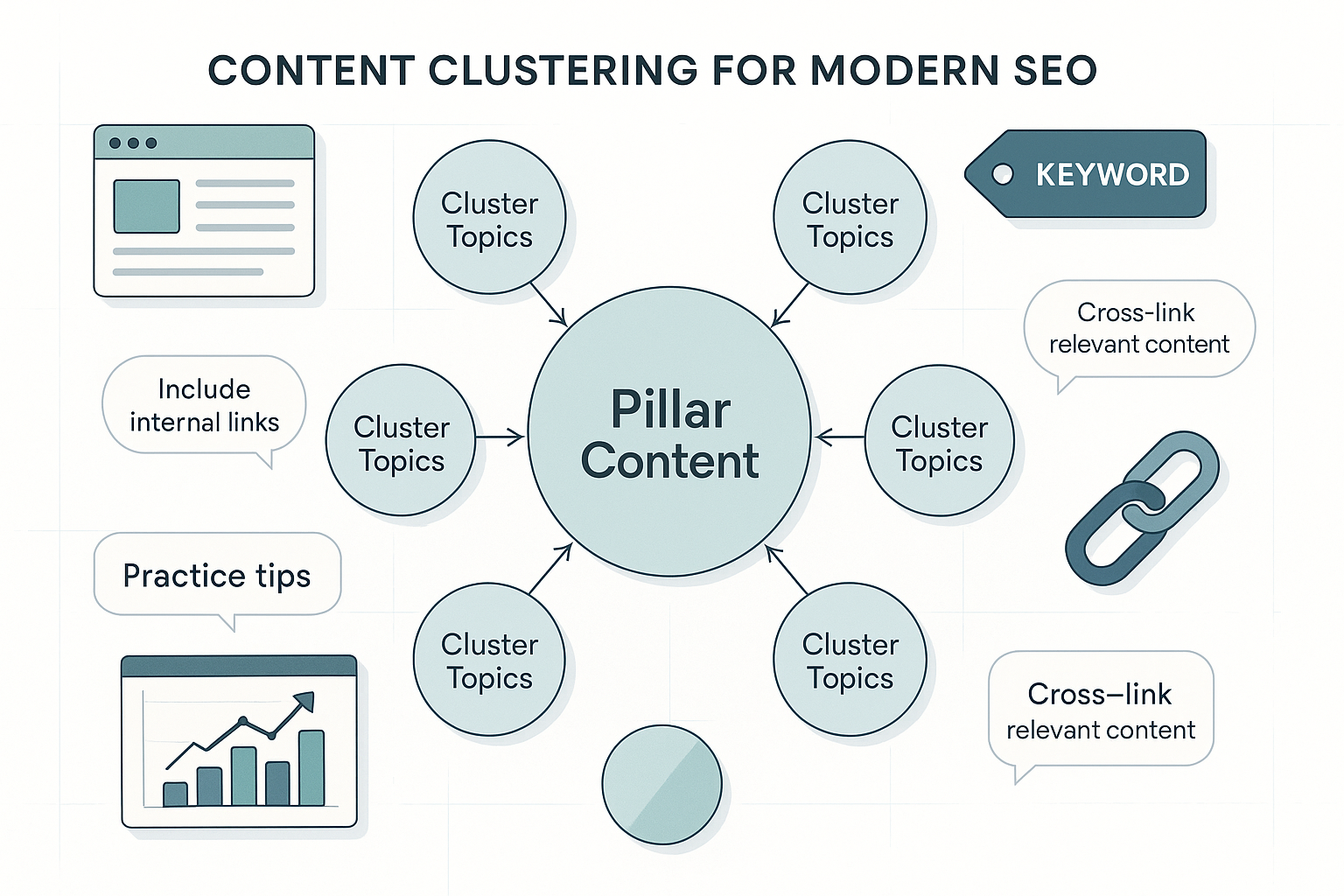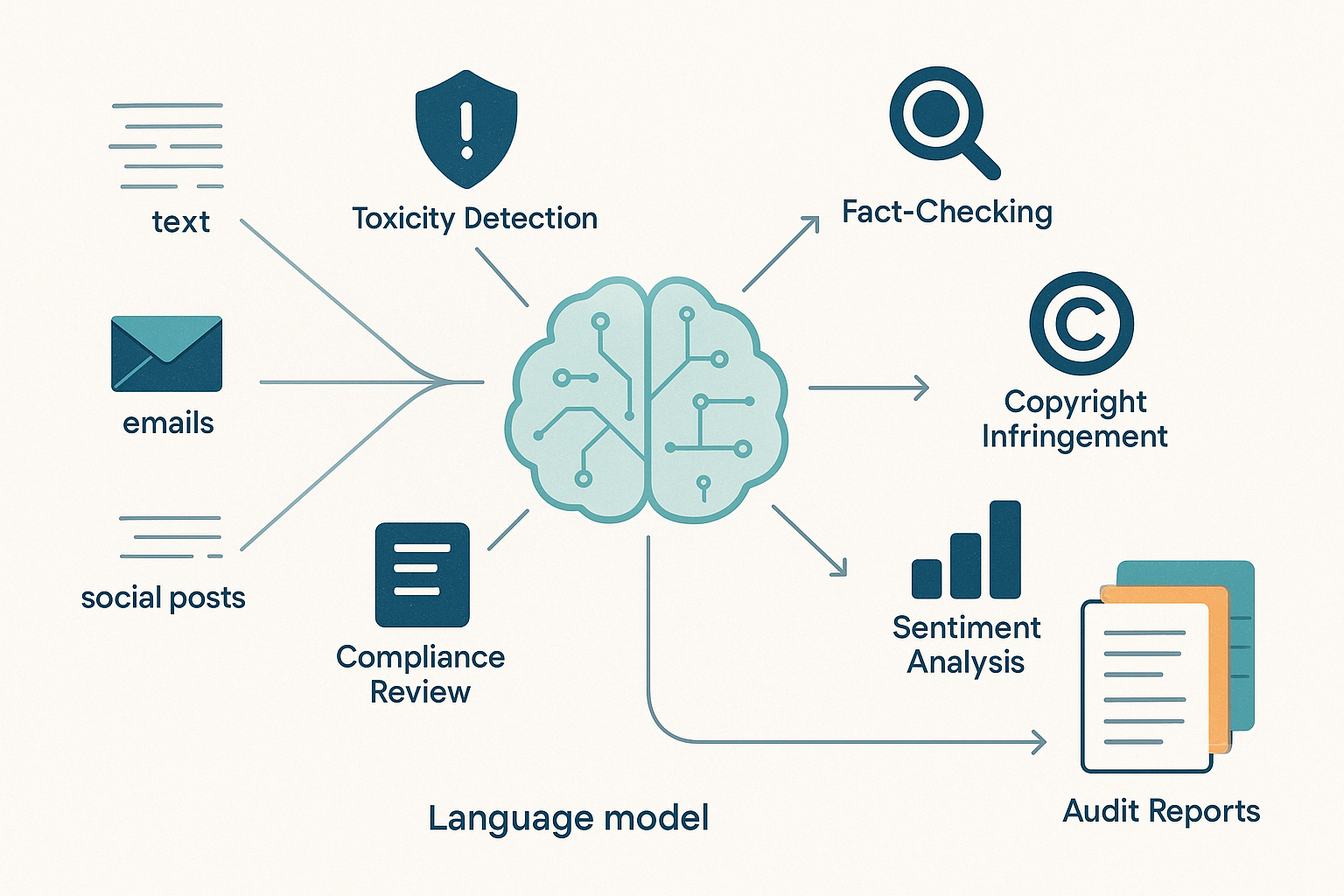Advanced on page SEO made simple.
Powered by POP Rank Engine™
Includes AI Writer
7-day refund guarantee
Technological evolution has continuously transformed how businesses operate, and Search Engine Optimization (SEO) is no exception. Artificial Intelligence (AI) has become integral to SEO strategies, providing businesses with more innovative tools, better insights, and optimized approaches to stay competitive in the digital landscape. This blog will delve into AI's significant role in SEO, explore key statistics, and examine how businesses can leverage AI-powered solutions for long-term success.
Which is the best LLM for SEO content?
Get the full rankings & analysis from our study of the 10 best LLM for SEO Content Writing in 2026 FREE!

- Get the complete Gsheet report from our study
- Includes ChatGPT, Gemini, DeepSeek, Claude, Perplexity, Llama & more
- Includes ratings for all on-page SEO factors
- See how the LLM you use stacks up
The Rise of AI in SEO
Search engines like Google have increasingly incorporated AI into their algorithms to deliver more accurate, relevant, and personalized search results. AI-driven advancements such as natural language processing (NLP), machine learning, and computer vision have changed how search engines interpret queries, rank content, and provide answers.
For businesses, keeping up with AI-driven changes is critical to maintaining or improving search rankings. AI has introduced revolutionary tools that help in keyword analysis, content optimization, competitor analysis, and user intent prediction, among other areas.
Key Statistics Showcasing AI’s Impact on SEO
- 70% of Marketers Use AI for SEO
According to a study by HubSpot, 70% of marketers are leveraging AI tools to optimize their SEO strategies. AI simplifies tasks like keyword research, content recommendations, and predictive analysis, significantly reducing manual effort and time spent. - 88% of Online Experiences Begin with a Search Engine
BrightEdge reported that 88% of all online experiences start with a search engine. AI-driven SEO tools allow businesses to align their content with user intent, ensuring they capture this massive audience effectively. - Voice Search Usage to Hit 8 Billion by 2024
ComScore predicts that voice search queries will continue to rise, with global users reaching approximately 8 billion. AI-powered SEO tools can optimize content for voice search by focusing on conversational keywords and natural language queries.
Content Matching with User Intent Drives 97% Higher Conversion Rates.
According to a SEMrush report, websites using AI to understand and align content with user intent experience a 97% increase in conversion rates.
Which is the best LLM for SEO content?
Get the full rankings & analysis from our study of the 10 best LLM for SEO Content Writing in 2026 FREE!

- Get the complete Gsheet report from our study
- Includes ChatGPT, Gemini, DeepSeek, Claude, Perplexity, Llama & more
- Includes ratings for all on-page SEO factors
- See how the LLM you use stacks up
Benefits of AI in SEO
- Enhanced Keyword Research
AI-powered tools like SEMrush, Ahrefs, and Google’s AI-based features help marketers identify high-performing keywords, analyze competitor strategies, and discover keyword gaps. These insights allow businesses to create content that targets the right audience effectively. - Improved Content Creation
Tools like ChatGPT and Jasper AI enable businesses to quickly generate high-quality, SEO-optimized content. AI tools suggest topics and keywords that resonate with target audiences by understanding user intent and analyzing search trends. - Accurate Predictive Analytics
AI provides predictive analytics that helps marketers anticipate future search trends, enabling proactive content strategies. Tools like BrightEdge and Clearscope leverage machine learning to predict user behavior and content performance. - Faster Technical SEO Audits
Conducting thorough website audits manually can be time-consuming. AI simplifies technical SEO by identifying and resolving broken links, slow page load times, and missing metadata. Tools like Screaming Frog and DeepCrawl use AI to deliver comprehensive reports swiftly. - PPersonalisedUser Experiences
AI enables businesses to provide personalized recommendations and tailored content. Search engines rank websites higher when they provide value to users, which is often achieved through personalization.
Voice Search Optimization
With voice search gaining popularity, optimizing content for conversational queries is essential. AI tools analyze long-tail keywords and natural language patterns, ensuring content ranks well for voice searches.
How to Effectively Leverage AI for SEO
- Adopt AI-Driven Tools
Invest in AI tools like SEMrush, BrightEdge, Clearscope, or Surfer SEO to streamline keyword research, content optimization, and performance analysis. These tools provide actionable insights that align with search engine algorithms. - Focus on E-A-T (Expertise, Authority, Trustworthiness)
AI algorithms prioritize content that demonstrates expertise, authority, and trustworthiness. Use AI tools to analyze competitor content and identify opportunities to improve credibility. - Optimize for Visual and Voice Search
AI enhances the ability to optimize content for non-text searches, including images, videos, and voice queries. Make use of schema markup and structured data to improve search engine understanding. - Stay Updated on AI Trends
SEO is an ever-evolving field, and staying informed about AI advancements is crucial. To remain competitive, subscribe to industry blogs, attend webinars, and explore case studies.
Analyze and Adjust Strategies
Use AI-powered analytics tools to monitor website performance, identify areas for improvement, and adjust strategies accordingly. Regularly test and refine your approach to achieve consistent results.
Challenges to Consider
While AI is undeniably a powerful tool for SEO, it is not without challenges. Businesses must be cautious about over-reliance on AI tools without human oversight. Algorithms can make mistakes, and the human touch is essential to ensure content remains engaging, creative, and aligned with brand values.
Additionally, integrating AI solutions often requires initial investments in tools and training. However, the long-term ROI usually outweighs these costs.
The Future of AI in SEO
The integration of AI into SEO is still in its early stages, and its potential is immense. As search engines become more competent, businesses must adapt by leveraging AI to maintain their digital visibility. Emerging technologies like generative AI, sentiment analysis, and augmented reality will further reshape the SEO landscape.
By staying ahead of these trends and incorporating AI-powered strategies, businesses can achieve better rankings, improved customer engagement, and, ultimately, higher conversions.
Conclusion
AI is transforming SEO into a more dynamic, efficient, and results-driven process. AI gives businesses the tools to thrive in a competitive online marketplace, from predictive analytics to personalized content delivery. By understanding key statistics and leveraging AI solutions, you can ensure your SEO strategy is relevant and future-proof.
With the right balance of AI technology and human creativity, businesses can unlock unparalleled growth opportunities in the digital age.







